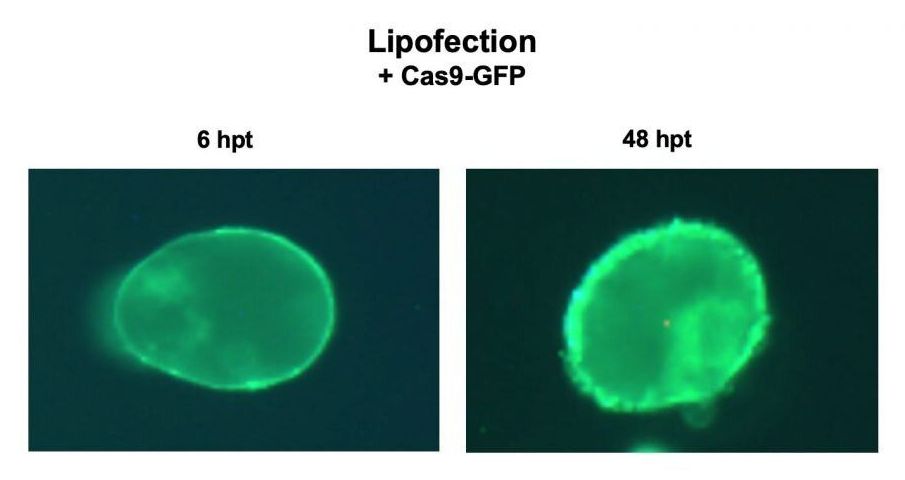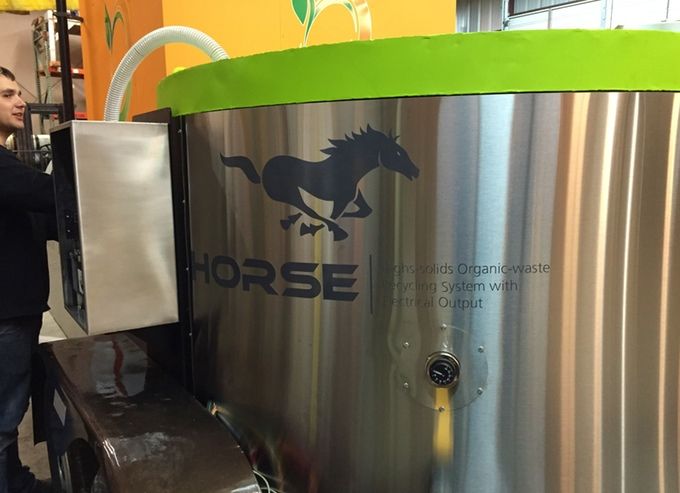An NC State researcher has developed a new way to get CRISPR/Cas9 into plant cells without inserting foreign DNA. This allows for precise genetic deletions or replacements, without inserting foreign DNA. Therefore, the end product is not a genetically modified organism, or GMO.
CRISPR/Cas9 is a tool that can be used to precisely cut and remove or replace a specific genetic sequence. The Cas9 protein serves as a pair of molecular scissors, guided to the specific genetic target by an easily swapped RNA guide. Basically, it seeks out a specific genetic sequence and, when it finds that sequence, cuts it out. Once the target DNA is snipped, it can be deleted or replaced.
The CRISPR/Cas9 system has tremendous potential for improving crops by changing their genetic code. That does not necessarily mean inserting foreign DNA, but the systems used to deliver CRISPR/Cas9 into a plant’s cells often do, which means the relevant crop is a GMOs undergo through a rigorous evaluation process and many consumers prefer non-GMO products.








